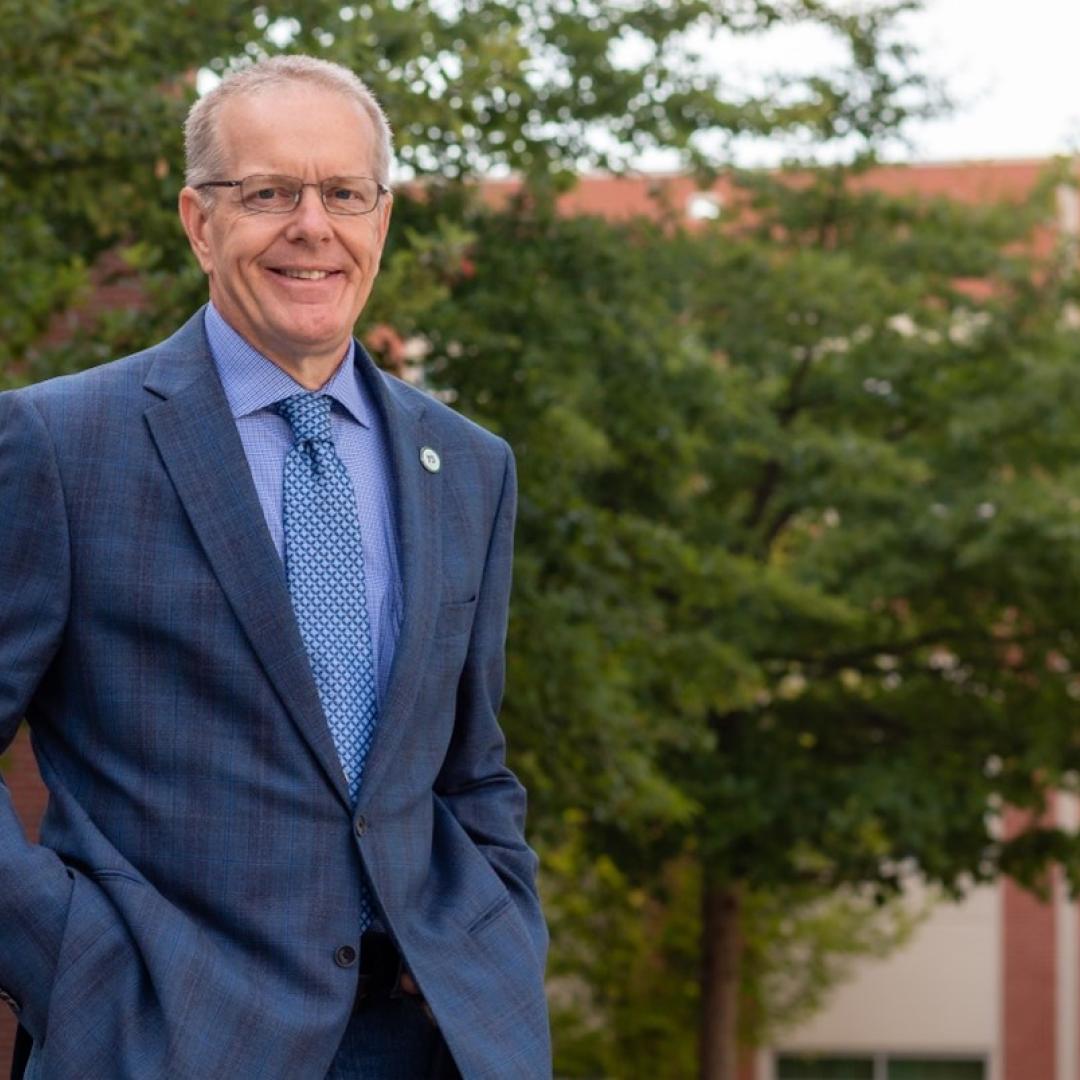
Filter News
Area of Research
- Advanced Manufacturing (2)
- Biological Systems (1)
- Biology and Environment (54)
- Building Technologies (1)
- Clean Energy (52)
- Climate and Environmental Systems (1)
- Computational Biology (1)
- Computational Engineering (3)
- Computer Science (12)
- Fusion and Fission (6)
- Fusion Energy (8)
- Isotopes (18)
- Materials (40)
- Materials for Computing (9)
- Mathematics (1)
- National Security (15)
- Neutron Science (19)
- Nuclear Science and Technology (11)
- Nuclear Systems Modeling, Simulation and Validation (1)
- Quantum information Science (4)
- Supercomputing (65)
News Type
News Topics
- (-) Advanced Reactors (25)
- (-) Bioenergy (55)
- (-) Biomedical (36)
- (-) Clean Water (20)
- (-) Computer Science (109)
- (-) Coronavirus (34)
- (-) Isotopes (33)
- (-) Quantum Science (38)
- 3-D Printing/Advanced Manufacturing (86)
- Artificial Intelligence (46)
- Big Data (29)
- Biology (59)
- Biotechnology (14)
- Buildings (40)
- Chemical Sciences (46)
- Climate Change (58)
- Composites (20)
- Critical Materials (24)
- Cybersecurity (26)
- Decarbonization (41)
- Education (3)
- Element Discovery (1)
- Energy Storage (86)
- Environment (114)
- Exascale Computing (13)
- Fossil Energy (1)
- Frontier (18)
- Fusion (30)
- Grid (42)
- High-Performance Computing (46)
- Hydropower (8)
- Irradiation (2)
- ITER (6)
- Machine Learning (28)
- Materials (99)
- Materials Science (94)
- Mathematics (5)
- Mercury (9)
- Microelectronics (1)
- Microscopy (36)
- Molten Salt (7)
- Nanotechnology (44)
- National Security (36)
- Net Zero (6)
- Neutron Science (84)
- Nuclear Energy (60)
- Partnerships (28)
- Physics (44)
- Polymers (26)
- Quantum Computing (14)
- Renewable Energy (1)
- Security (18)
- Simulation (19)
- Space Exploration (13)
- Statistics (2)
- Summit (28)
- Sustainable Energy (87)
- Transformational Challenge Reactor (4)
- Transportation (72)
Media Contacts
Oak Ridge National Laboratory scientists led the development of a supply chain model revealing the optimal places to site farms, biorefineries, pipelines and other infrastructure for sustainable aviation fuel production.
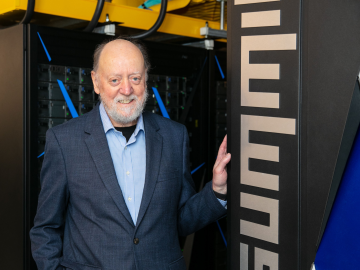
Computing pioneer Jack Dongarra has been elected to the National Academy of Sciences in recognition of his distinguished and continuing achievements in original research.
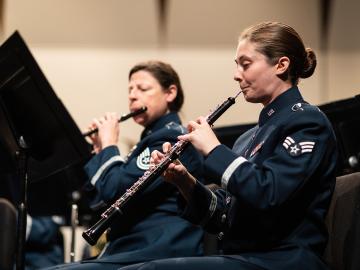
Growing up in suburban Upper East Tennessee, Layla Marshall didn’t see a lot of STEM opportunities for children.
“I like encouraging young people to get involved in the kinds of things I’ve been doing in my career,” said Marshall. “I like seeing the students achieve their goals. It’s fun to watch them get excited about learning new things and teaching the robot to do things that they didn’t know it could do until they tried it.”
Marshall herself has a passion for learning new things.

A study led by Oak Ridge National Laboratory researchers identifies a new potential application in quantum computing that could be part of the next computational revolution.
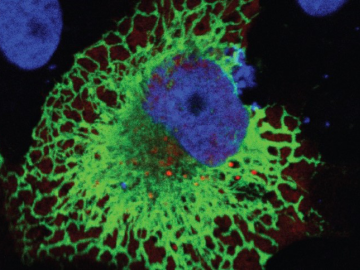
Oak Ridge National Laboratory scientists exploring bioenergy plant genetics have made a surprising discovery: a protein domain that could lead to new COVID-19 treatments.
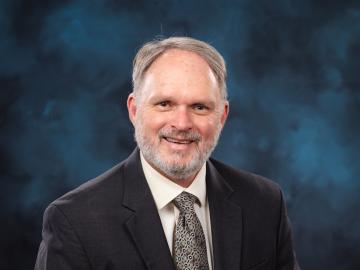
Mickey Wade has been named associate laboratory director for the Fusion and Fission Energy and Science Directorate at the Department of Energy’s Oak Ridge National Laboratory, effective April 1.
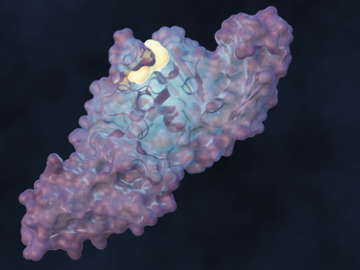
A team of scientists led by the Department of Energy’s Oak Ridge National Laboratory designed a molecule that disrupts the infection mechanism of the SARS-CoV-2 coronavirus and could be used to develop new treatments for COVID-19 and other viral diseases.
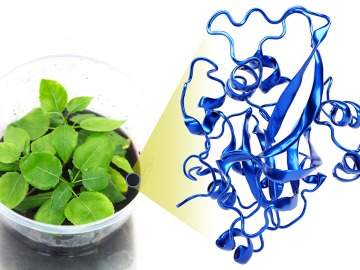
ORNL researchers have identified specific proteins and amino acids that could control bioenergy plants’ ability to identify beneficial microbes that can enhance plant growth and storage of carbon in soils.
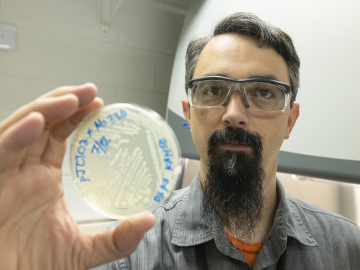
A DNA editing tool adapted by Oak Ridge National Laboratory scientists makes engineering microbes for everything from bioenergy production to plastics recycling easier and faster.
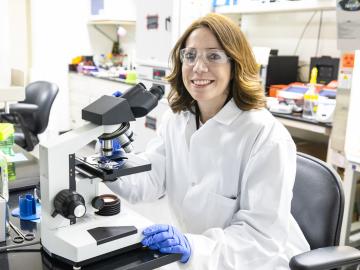
Joanna Tannous has found the perfect organism to study to satisfy her deeply curious nature, her skills in biochemistry and genetics, and a drive to create solutions for a better world. The organism is a poorly understood life form that greatly influences its environment and is unique enough to deserve its own biological kingdom: fungi.


